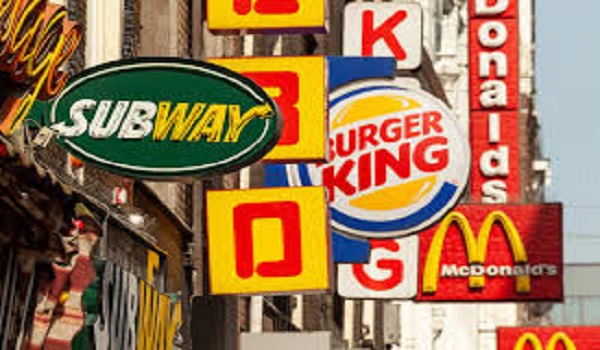International quick-service restaurant (QSR) chains like McDonald’s, Burger King, and Pizza Hut are witnessing a decline in popularity among Indian consumers, leading these brands to focus on value-based offerings to retain customers. The increasing competition from modern food brands backed by venture capital and the growing use of food delivery platforms like Zomato and Swiggy have made it challenging for these global giants to maintain their market dominance.
Westlife Foodworld, which operates McDonald’s outlets in West and South India, acknowledged during its Q1 earnings call that there has been noticeable pressure on customer footfall in their restaurants. To counteract this trend, McDonald’s introduced the McSavers+ deal, offering a chicken burger or snack item with a Coke combo for just Rs 69. Similarly, Burger King has rolled out deals like two vegetarian burgers for Rs 79 and two non-vegetarian burgers for Rs 99. Other major QSR players, including KFC, Pizza Hut, and Domino’s, are also offering budget-friendly meal options starting at Rs 99.
Despite these efforts, industry experts believe that the focus on value offerings may have drawbacks. Ravindra Yadav, a partner at Technopak, described these strategies as “desperate measures” and cautioned that prioritising value could harm profitability or compromise product quality in the long run. While global brands have traditionally been aspirational for Indian consumers, they now face a rapidly changing market where Gen Z and millennial consumers are driving new consumption patterns.
Karan Taurani, vice-president at Elara Capital, pointed out that the proliferation of food delivery platforms has given consumers unprecedented access to a wide variety of food options, making them more experimental in their choices. As a result, global QSR brands must innovate and enhance the user experience to stay relevant. Taurani noted that the intense discounting and promotional efforts by these brands have led to a significant decline in margins, with a drop of 400–500 basis points in recent quarters.
The rise of homegrown brands like Good Flippin’ Burgers, La Pino’z Pizza, Burger Singh, Wow! Chicken, and Biggies Burger, which offer competitively priced meals, has further intensified the competition. These local brands have capitalised on the reach of Zomato and Swiggy, enabling them to scale quickly and attract a growing customer base. In addition, premium restaurants have started offering delivery through these platforms, providing consumers with even more choices.
Analysts suggest that the formalization and expansion of regional QSR chains, such as Nik Baker’s, have also impacted the growth trajectory of international brands in India. As the market continues to evolve, global QSR giants may need to rethink their strategies to regain their appeal among Indian consumers.


